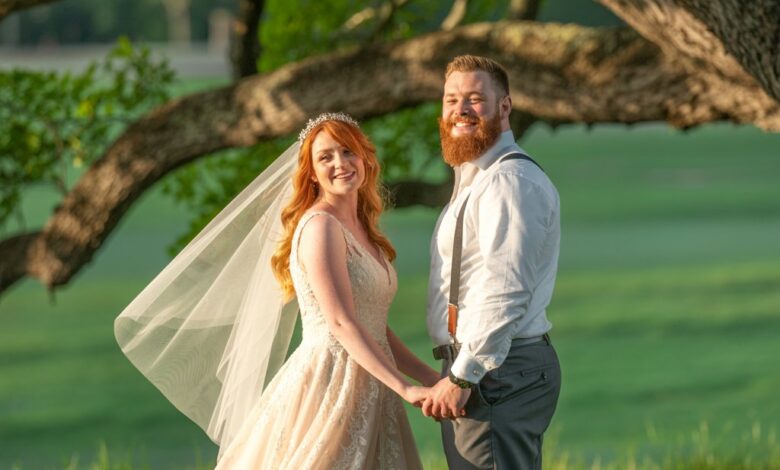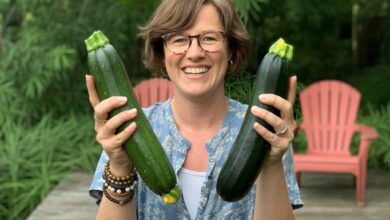Because my fiance was impoverished, my parents declined to attend my wedding, ten years later, we met, and they pleaded with me to get together

Emma always understood her parents valued wealth and status above all else—but she never dreamed of being disowned for love.
Liam was not the man her parents had envisioned. He was a public-school teacher making a pittance but with a heart of gold: unassuming, genuine, and wholly devoted to helping others. To Emma, he represented everything. To her parents, he was an inconvenience.
They presented her with an ultimatum: marry him, lose us forever.
On her wedding day, in the front row, two chairs remained empty—mute reminders of her parents’ absence. But one person remained tall and proud: her grandfather. He was the only family member to come—not just in body but also in spirit. While everyone else clung to pride, he chose to cling to love.
Emma’s childhood had been presented as a lavish one yet had been all empty inside. Her parents thrived on prestige—designer labels, high-society functions, and friendships based on status. Even in her youth, Emma witnessed the cracks to their facade. She recalled the feelings of shame when her mother dismissed a classmate by whispering, “She’s not right for you,” because of how she looked.
College was Emma’s solace—and where she met Liam. It was an immediate connection and sincere. He did not care for the superficial. He cared for people. When he asked her to marry him below the rickety old oak tree in the community garden were they first met, with that disappointingly small vintage ring of his grandmother’s, Emma didn’t even think twice.
Her parents gave it quite a bit of thought. “He’s never going to cut it,” her dad sneered. “You’re throwing everything away.”
“If you marry him,” her mom said, “then we don’t ever want to see you again. Its him or us.”
Emma chose love.
She still sent them an invitation, just in case. Maybe it was the smallest shred of hope, like a forgotten penny. They never replied. But her grandfather came to give her away, so at least they didn’t leave a huge hole to fill.
Married life was not easy. Emma picked up extra freelance work, Liam continued teaching, and they lived as financially as they could—counting pennies, like so many people do. Still, they counted blessings too. Their little house was filled with love–and laughter–and even some peculiar family songs; most of those came after their daughter, Sophie, was born.
Through it all, her grandfather was a rock. He showed up every once in a while with something from the grocery store, or went to their house to read Sophie bedtime stories, or remind Emma that love is the only thing that really matters in life. One day he was kneeling next to his great-granddaughter, and he said, “The only thing that matters is being wealthy in love, and being loved for who you are by the people that really matter.”
When he passed, Emma thought her heart would surely break. At the funeral, she saw her parents for the first time in ten years. They looked a bit older, and still well dressed, but somehow diminished. Her mom cupped Emma’s hand in hers, and with tears in her eyes said “Emma, we have been such fools. Can we try again?”
Emma wanted to trust her.
But then Aunt Claire took Emma aside and whispered, “Be careful. They are not here for you. They are here for the will.”
Emma was confused and pushed for clarity.
“Your grandfather left a stipulation,” Claire said with a hushed voice. “If they did not genuinely try to reconcile with you, their inheritance would go to a charity.”
And just like that.
Later, Emma learned that her grandfather built a trust for her and Sophie, but it had been a generous one. It would pay for Sophie’s education and probably give them some breathing room for a while. Her parents would get zero. Whatever they would have inherited had already been gifted to nonprofits serving marginalized children—the same very type of nonprofits he had, for years, quietly, championed.
That night Emma sat on her family’s tattered couch with Liam and Sophie at her side. She felt full. Not only did he love Emma, but he also protected her, until the very last moment.
Her parents had chosen money. She had chosen love. And eventually she realized she hadn’t lost anything at all.
She had inherited everything.





